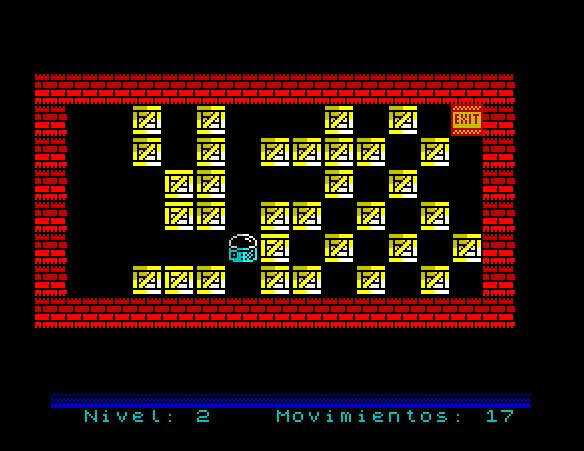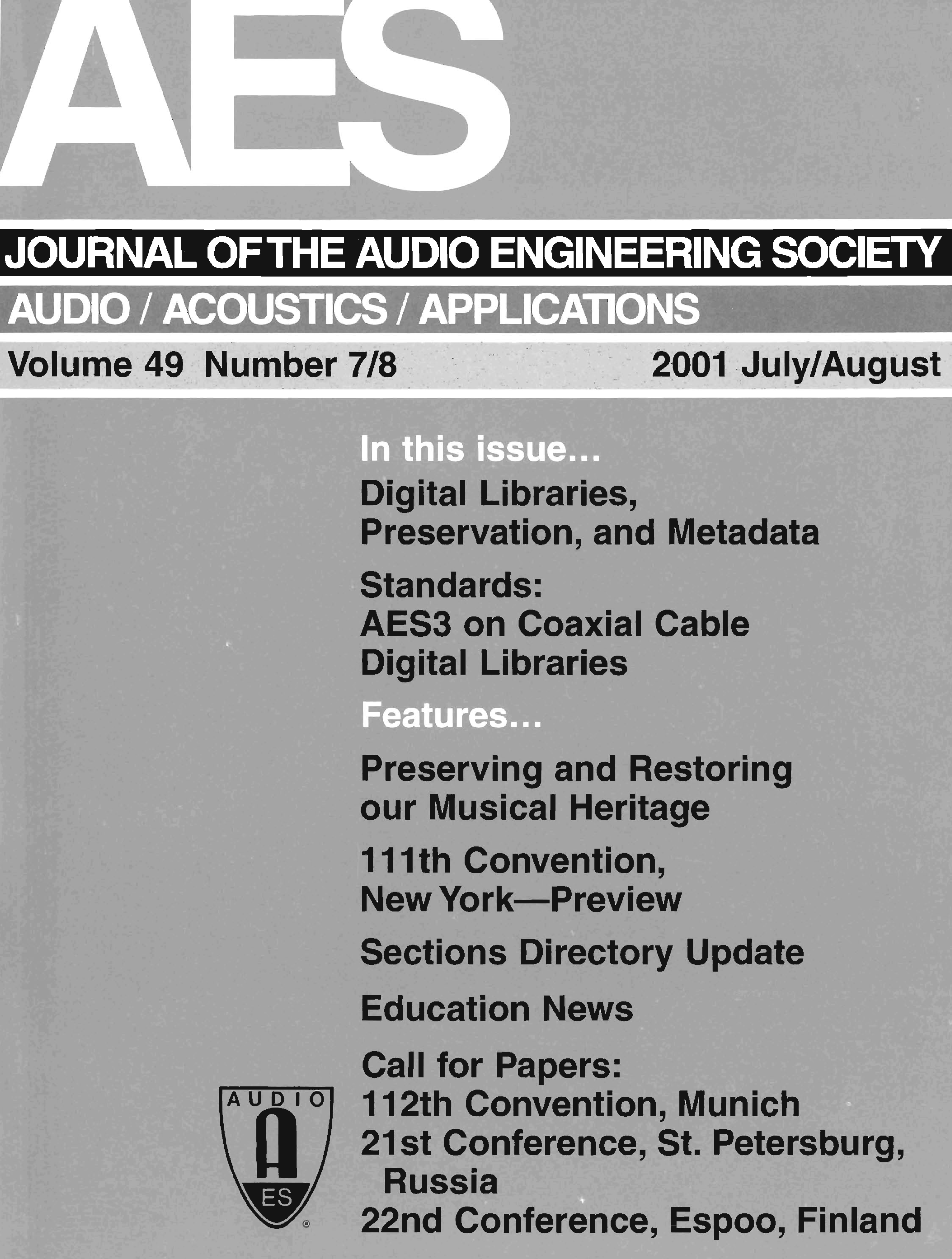
Trying to turn the game into more than a dead end. Trying to turn the game into more than a dead end. Ball games have been part of native cultures in this hemisphere. When native and U.S. View wolfgang axt’s profile on LinkedIn, the world's largest professional community. Wolfgang has 1 job listed on their profile. See the complete profile on LinkedIn and discover wolfgang’s connections and jobs at similar companies.
| Author | Michael Dibdin |
|---|---|
| Country | United Kingdom |
| Language | English |
| Series | Aurelio Zen series, #11 |
| Genre | Crime, Mystery novel |
| Publisher | Faber and Faber |
Publication date | July 5, 2007 |
| Media type | Print (Hardback, Paperback) |
| Pages | 356pp (hardback) |
| ISBN | 0-571-23615-4 |
| OCLC | 85829301 |
| Preceded by | Back to Bologna |
End Games is a novel by Michael Dibdin. It is the 11th entry in the Aurelio Zen series, and also, given Dibdin's death in 2007, the last.
Plot[edit]
Mac Games Dead End Wolfgang Thaller And Shuman


Police detective Aurelio Zen is posted to remote Calabria, at the toe of the Italian boot. Beneath the surface of a tight-knit, traditional community, he discovers that violent forces are at work. There has been a brutal murder and Zen is determined to find a way to penetrate the code of silence, to uncover the truth, but his assignment is complicated by another secret which has drawn strangers from the other side of the world - a hunt for ancient buried treasure, launched by a single-minded player with millions to spend pursuing his bizarre and deadly obsession.
Commentary[edit]
According to Barry Forshaw,
'In the past, Dibdin ensured that Zen repeatedly came up against a wall of silence, but none more implacable than that he encounters here. As the detective slowly but surely peels away the layers of mystery and obfuscation, he is forced to confront the very basis of the concepts by which he has tried to maintain his career: honesty, a sense of justice and firm notions of right and wrong. As always with this writer, the sense of locale is conjured up with maximum vividness, and the final effect of reading the book that writes finish to the careers of both Aurelio Zen and the man who created him is twofold: we are grateful that this final entry is a distinguished one, but saddened that we will never again go down those mean Italian streets that Zen led us down – at least not with Michael Dibdin as our guide...'